
Infrastructure
Nearly 80 Service Providers Engaged Equipment in Secure Networks Blacklist: FCC Report
These communications providers reported engaging equipment on the agency’s blacklist.
Broadband Infrastructure is the means to deliver Better Broadband, Better Lives


Infrastructure
These communications providers reported engaging equipment on the agency’s blacklist.
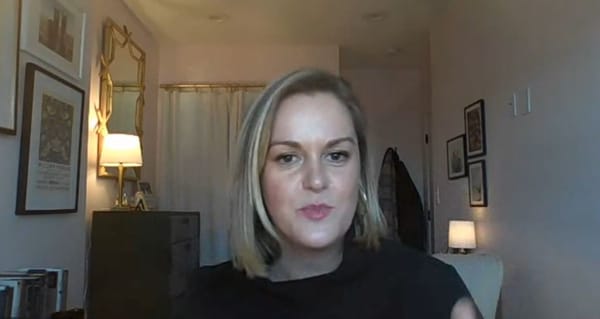
Digital Inclusion
By working with existing entities like utilities, states can establish more effective state offices.
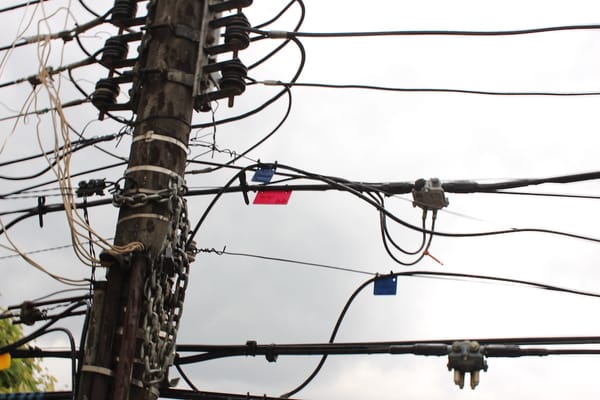
Infrastructure
AT&T said it should pay a similar rate to other telecommunications attachers.

Europe
A new law presents an opportunity to reuse existing infrastructure for fiber broadband deployment.

Broadband Mapping & Data
Panelists are concerned that states may not have had the prescriptive guidance needed to maximize funding.
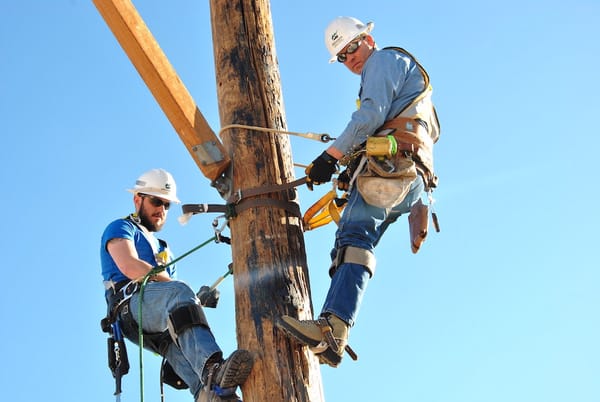
Infrastructure
‘Utilities have been willing to perform these voluntary pole replacements because they have been compensated for it.’
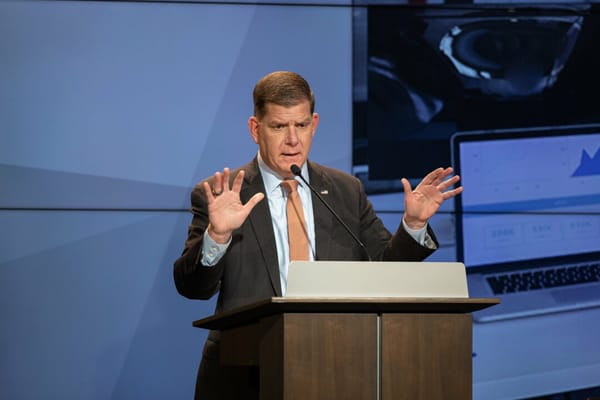
Friday’s cutoff applied to availability challenges, but it was already too late for location challenges.
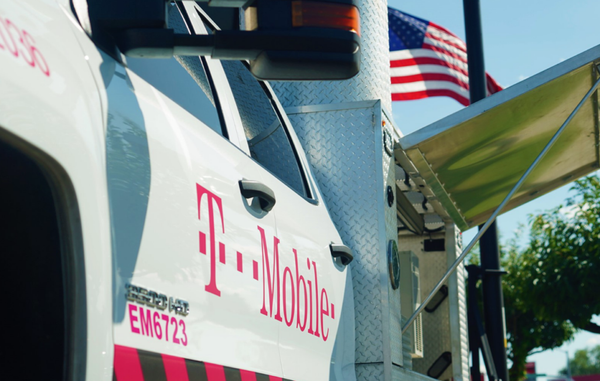
Infrastructure
NTCA and the Rural Wireless Association are backing a petition to double time to enter emergency agreements.
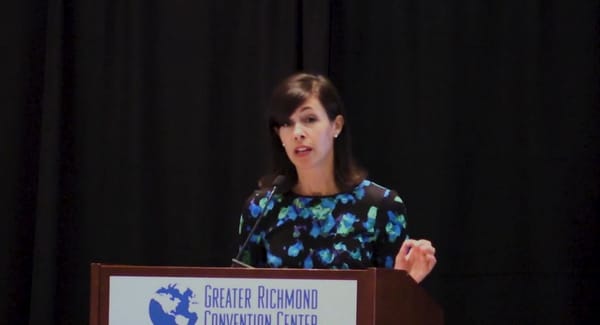
Infrastructure
15% of applicants said they still haven’t begun work to remove equipment as of October.
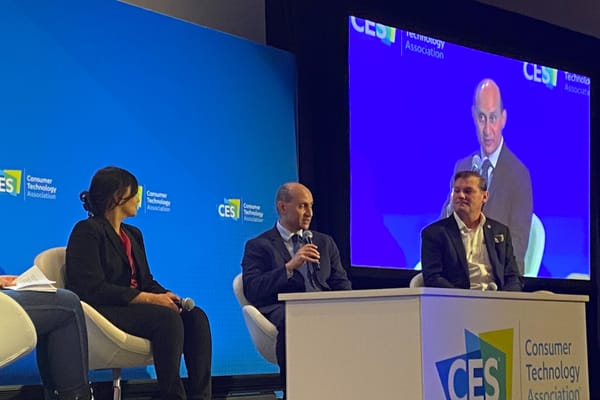
5G Wireless
More comprehensive data-sharing is made possible by the reduced latency of 5G, CES hears.
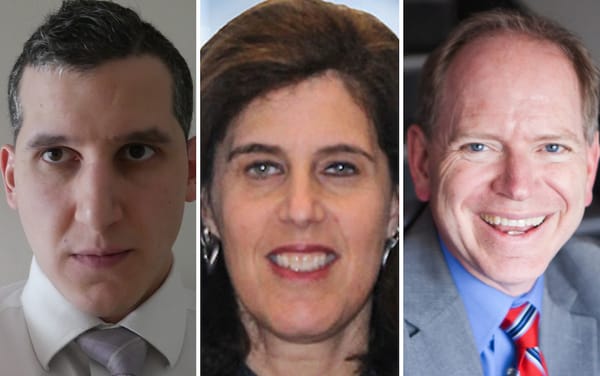
Ahmad Hathout
Experts have warned that the BABA mandate raises the cost of broadband deployment.

12 Days of Broadband
Between supply chain disruptions and the rising price of goods, the increased costs of fiber deployment could be pushed onto consumers.

Expert Opinion
Government funding should be invested in new, modern infrastructure that provides reliable broadband at a lower cost to more people.
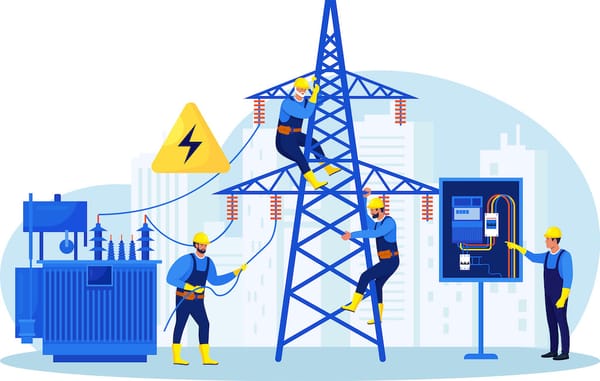
12 Days of Broadband
The controversy is about the rates that internet companies seeking to put fiber on utility poles need to pay.
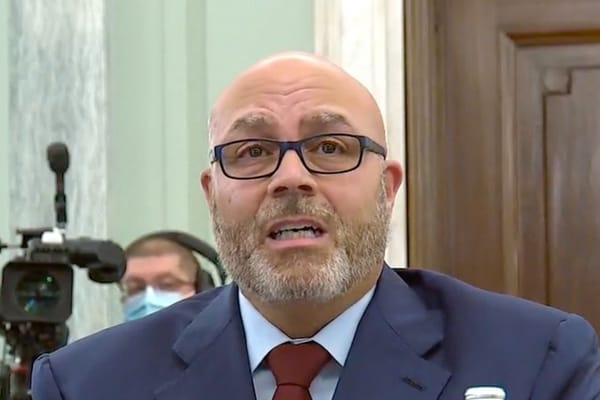
Infrastructure
Panelists sought streamlined permitting processes on federal lands and in local communities, and reasonably priced pole access.
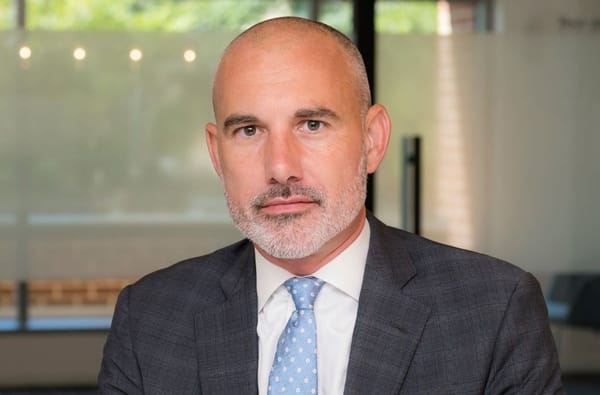
Expert Opinion
Sleeper issue could derail a state’s ability to spend its broadband infrastructure allocation effectively